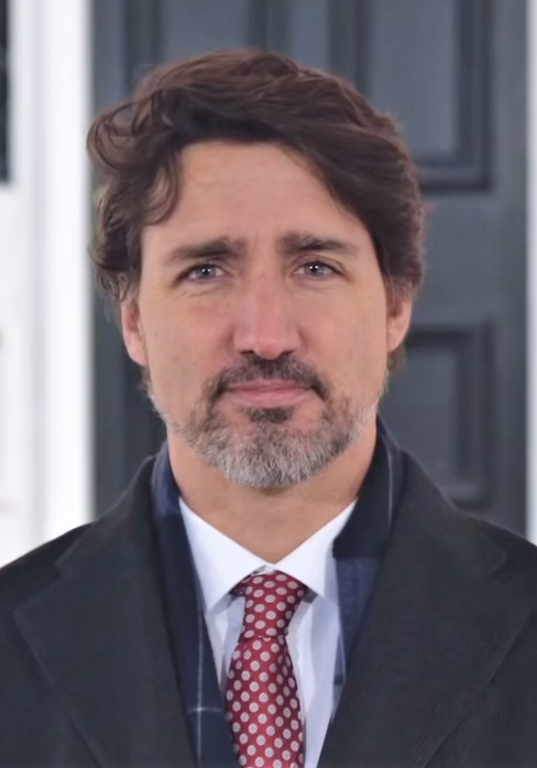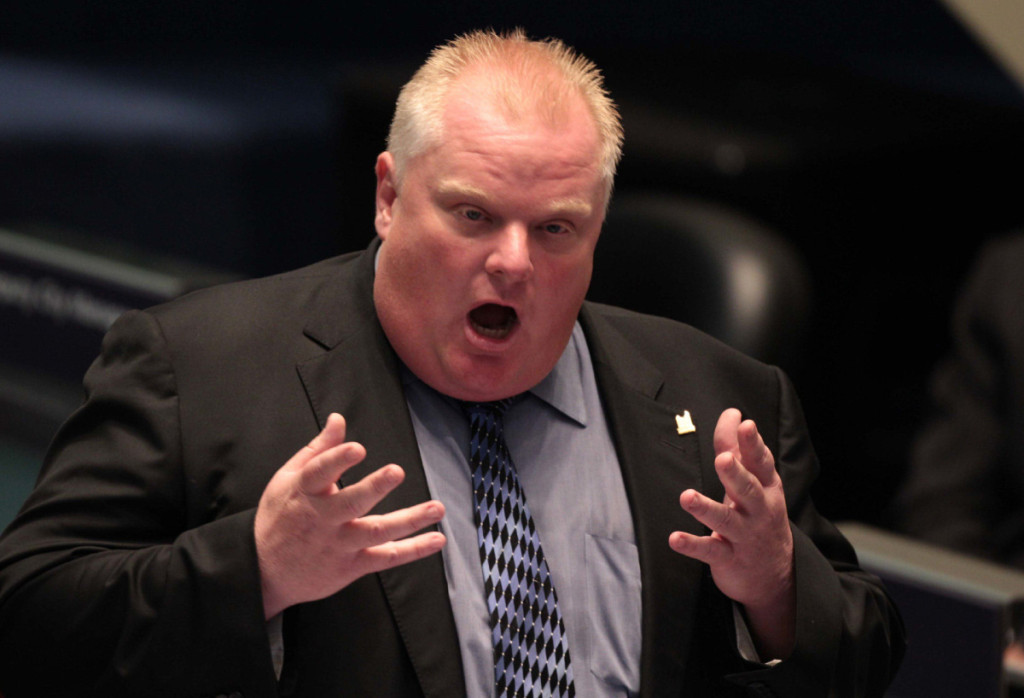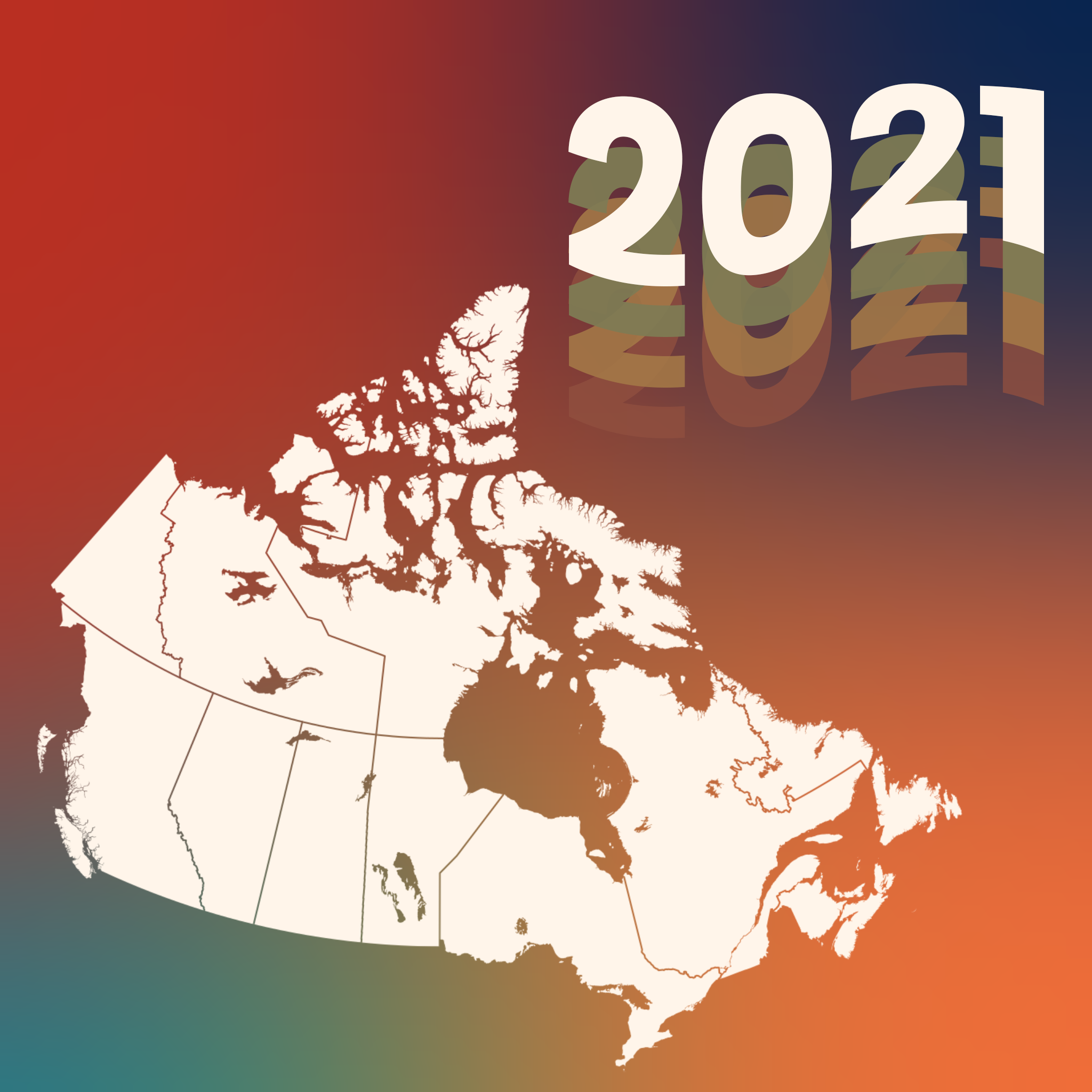
Prime Minister’s family receives large financial compensation from charity
By Timothy Easling, Contributor
Prime Minister Justin Trudeau has been rocked by yet another ethics scandal—his third breach of the Conflict of Interest Act—thanks to his involvement in the selection of WE Charity as the distributor of a $900-million Canada Student Service Grant program. Both Trudeau and Finance Minister Bill Morneau have family ties to the charity but failed to recuse themselves from discussions involving the organization.
Both Trudeau’s mother, Margaret, and his brother, Alexandre, have received financial compensation from WE for speaking at various events. Margaret totalled $250,000 for 28 separate appearances and Alexandre $32,000 from eight different occasions. Sophie Grégoire Trudeau, Trudeau’s wife, was also paid for her participation in several WE Days; she still runs a podcast through WE. Additionally, all three have been reimbursed for their expenses—separate from speaking fees—with Margaret, Alexandre, and Sophie Grégoire averaging $5,998, $2,447, and $3,618 per event respectively. Trudeau himself has spoken at many WE events—allegedly without ever receiving funds.
The available data directly contradicts what WE has said on the matter: “The charity has never paid an honorarium to these individuals for their involvement in these programs and events.” The charity also said that Sophie Grégoire Trudeau’s role as an “ambassador and ally” has been “entirely on a volunteer basis and travel expenses related to this involvement were paid for by WE Charity.”
Bloc Québécois Leader Yves-François Blanchet summarized the thoughts of some others in office, saying that Trudeau “cannot create a program which seemed to be custom made, tailored for an organization, that gave $250,000 of contracts to his mother, $30,000 of contracts to his brother, while his own wife is a spokesperson for the same organization. All of that is unacceptable […] For a few months, I think the prime minister must step aside and leave the function, the responsibilities, to the deputy prime minister […] because for the time being he cannot be considered as being qualified to keep doing the job.”
NDP MP Charlie Angus was similarly frustrated on a CBC broadcast: “Did they really think that people weren’t going to notice a billion dollar contract given to people who are very close to the prime minister’s family?[…] When asked straightforward questions about whether his family was receiving money from WE, the prime minister should have told the truth and he didn’t tell the truth. That’s why he’s in trouble.”
The Prime Minister’s Office responded to this by mentioning that Trudeau’s family “engage with a variety of organizations and support many personal causes on their own accord. What is important to remember here is that this is about a charity supporting students. The Canada Student Service Grant program is about giving young people opportunities to contribute to their communities, not about benefits to anyone else.”
Morneau’s ties are his daughters, Grace Acan and Clare Morneau. Grace is a contract employee and Clare has spoken at three events. Morneau also went on two WE trips with family in 2017; one trip was to Kenya and the other to Ecuador. The travel costs amounted to $41,366—a total that he quickly reimbursed to WE when the story broke. “I did not know that those expenses were not paid. I did not have any awareness of that. It was a mistake and I take responsibility for it.”
Conservative MP Pierre Poilievre didn’t accept the finance minister’s apology. “The average Canadian living in Red Deer or Halifax would notice if there was a $400 expense they didn’t pay. You’re saying that a $41,000 expense happened right under your nose and you didn’t know about it until the very day you were set to testify at a parliamentary committee?”
Despite all the personal connections to the charity, neither Trudeau nor Morneau recused themselves from discussions. The contract which would have seen $43.5-million allocated to WE to administer the program was supposed to distribute the remaining $500-million to students. The $912-million total figure has been suggested as being dependent on interest in the program.
At least 20 organizations were supposed to have been considered, but many were never actually contacted. Trudeau has defended the decision to award the contract to WE: “Quite frankly, when our public servants looked at the potential partners, only the WE organization had the capacity to deliver the ambitious program that young people need for this summer that is so deeply impacted by COVID.” However, his words have drawn disbelief from those in the charity sector.
“It is absolutely incorrect to believe that WE is the only organization in Canada that can implement this program, and there is no doubt that in order to deliver what they’ve committed to, they will have to collaborate with other organizations,” said Maryann Kerr—CEO of the Medalist Group, a boutique firm that provides philanthropic and organizational health services to the social-profit sector—to CBC. Paula Speevak, president and CEO of Volunteer Canada addressed that concern directly, noting that her organization had been contacted by WE about making use of their contacts for a fee. A main concern for Speevak was the slippery slope of stipends for volunteers, calling out the program’s structure that essentially works out to $10/hour: “We felt it was really important that you don’t give the impression that you’re paid for volunteering. We don’t want people to be paid less than minimum wage and for it to be called volunteering. We wanted there to be clarity—volunteers give their time freely because of their passion or compassion.”


